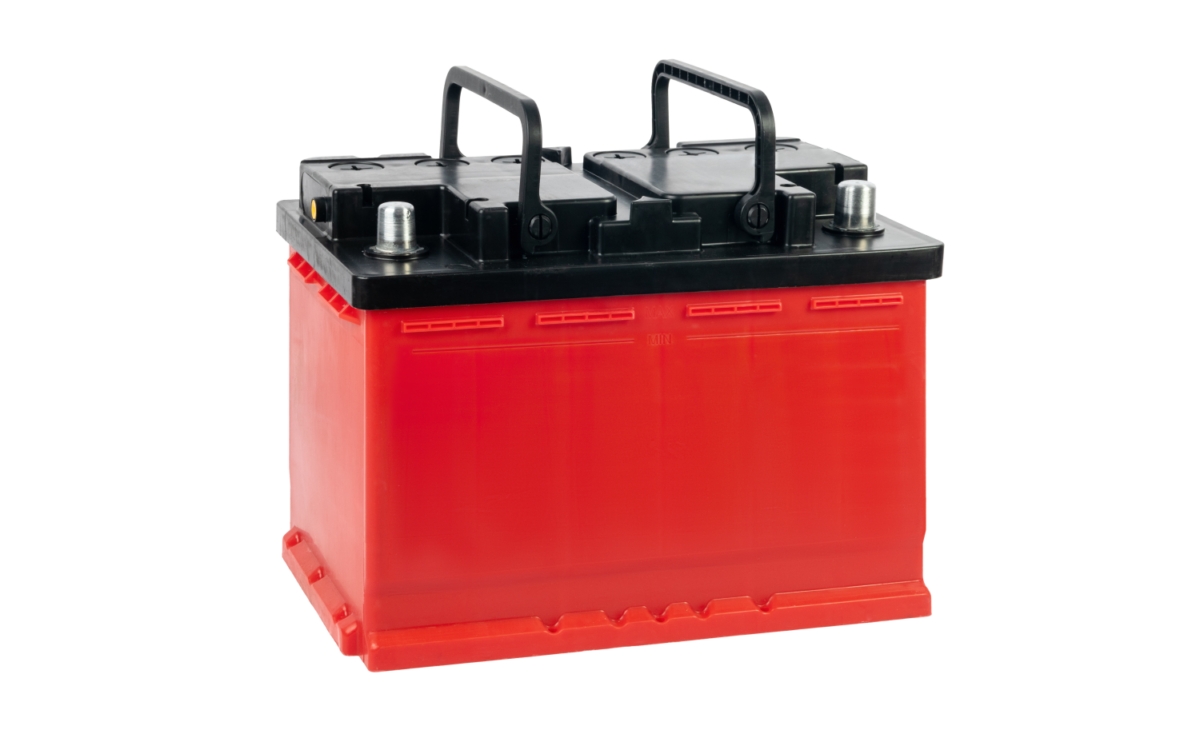Germany’s technical inspection association, TÜV SÜD, has warned all EU and UK battery manufacturers, importers, distributors and others in the battery supply chain they have just six months to fulfil compliance directives or be financially penalised and have their products forcibly removed from the market.
On 18 August 2025 the new EU batteries regulation (2023/1542) comes into force, replacing the previous one. From this date, the new sustainability labelling and safety requirements for all batteries and battery operated products will be enforced. The regulations will also apply to any equipment suppliers delivering into the EU from the UK, China and the US.
The EU batteries regulation covers the whole cycle from cradle to grave. There are significant changes to the directives covering procurement of raw materials, battery production, reuse and recycling, plus the introduction of new battery categories according to use and design.
These include EV batteries over 25kg, LMT packs for e-bikes and SLI batteries for auxiliary or back-up power. The industrial battery over 5kg covers communication infrastructure and home energy storage in addition to off-road machinery. A portable battery category covers encapsulated devices under 5kg and not designed for industrial use with cadmium and mercury. Third party verification will also be required for some features.
The European Commission is due to review a recommendation in 2025 from the European Chemicals Agency (ECHA) to include lead metal in the REACH Authorisation List. The International Lead Association and the Lead REACH Consortium have said this would add red tape, and stifle innovation and investment (as we reported in April 2023). The ILA’s Steve Binks told BEST a proposal from the previous Hungarian EU presidency is to delay the review until 2030.
TÜV SÜD has produced a white paper, ‘An Overview of the EU Battery Regulation.’ It covers the key regulation requirements relating to battery passports, restricted substances, carbon footprint, recycled content, performance and durability, safety, labelling, battery health monitoring, economic operator due diligence checks and waste management.
TÜV SÜD is made up of several independent companies that test, inspect and certify technologies, products and systems to manage potential technology-related hazards and prevent damages. Its certification marks are internationally recognised and respected.












